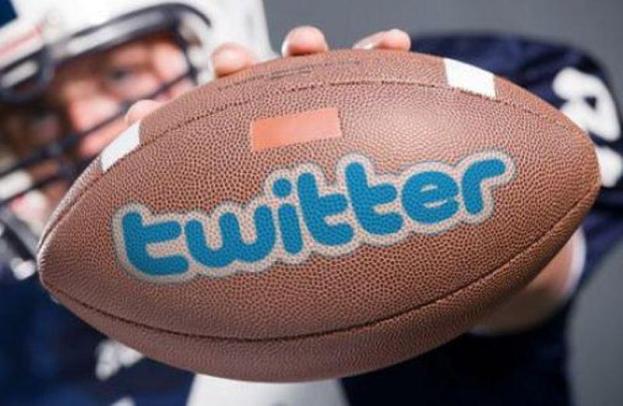
People do (and say … and tweet) the dumbest things, and professional athletes are no exception. To stymie any future fall out arising from very public statements from very public people, NFL teams are taking up the role of big brother to monitor what its players and potential recruits are saying on Facebook, Twitter, and other social networks.
One of these teams is the Eagles, and its General Manager Howie Roseman wasn’t shy about its social media monitoring practices. “We have someone looking over Facebook pages, Twitter accounts – in front of us will come every single person on our draft board, their Twitter accounts and their Facebook accounts,” Roseman told reporters at the NovaCare meeting to discuss the NFL draft.
What you might not know is that this monitoring serves a dual purpose: With the NFL draft coming up, the Eagles will look at the social media accounts of draftees to figure out if these individuals are a good fit for the organization. “I think you see the process they go through, some of these players, they’ll tweet certain things, and then once the draft process starts all of a sudden they’ll shut it down or they’ll say something really positive,” Roseman said.
“Most of these guys who do questionable things on Facebook or Twitter, they probably have done other questionable things,” Roseman added.
For instance Manti Te’o was one of these players that decided to deactivate his Twitter account in February to focus on the NFL Draft – a fitting exit from the fake girlfriend catfish scandal that plagued the athlete.
But the general act of monitoring team members’ social conversations is a common practice, and a smart one at that. If you take a look at the history athletes and social media you’ll find plenty of moments of stupidity.
Paraskevi “Volua” Papachristou
Paraskevi “Volua” Papachristou, Greece’s Olympic triple jumper was barred from her team after tweeting the following (translated from Greek):
“With so many Africans in Greece… At least the West Nile mosquitoes will eat home made food!!!”
She issued an apology and hasn’t been tweeted anything since the incident, although her account remains active.
I would like to express my heartfelt apologies for the unfortunate and tasteless joke I published on my personal (cont) tl.gd/ih3mcp
— βούλα Παπαχρήστου (@papaxristoutj) July 25, 2012
Michel Morganella
The same Olympic event saw the ousting of Swiss footballer Michel Morganella after saying a thing or two about South Koreans. Here’s what he said (translated with grammar corrected):
“I f*ck up all the Koreans, go burn yourselves. Ahahahhahahaah bunch of retards.”
Courtney Fortson
Courtney Fortson, when he was a basketball player at the University of Arkansas tweeted this bit, which was stupid not to mention unfortunate timing as his teammates were being accused of rape at the time.
“Im gettin it at workouts like a dude who doesnt understand the word no from a drunk girl lol.”
Larry Johnson

Larry Johnson, the running back for the Kansas City Chiefs back in 2009, wasn’t unfamiliar to controversy on Twitter. Johnson went on a tirade that landed him a $25,000 fine over a series of tweets berating another Twitter user who went by @jaredlaunius in which Johnson alluded to homophobia. Here’s one of his tweets:
“think bout a clever diss then that wit ur [expletive] pic. Christopher street boy. Is what us east coast cats call u.”
Brian Ching

Frustration brings out the worst in us. Sometimes that means going as far as criticizing the ref if you’re an athlete. But Houston Dynamo’s Brian Ching, who wasn’t even playing for the team at the time, took his gripe with the ref presiding over the game to Twitter and called the ref a “cheat.” Specifically this is what he had to say that turned out to be a $5,000 tweet:
“Ref in seattle just cheated the dynamo. What a joke. Not even close. Ref is a cheat.”
We could go on, but you get the point. Sometimes even athletes that are in the public’s eye need a reality check.


